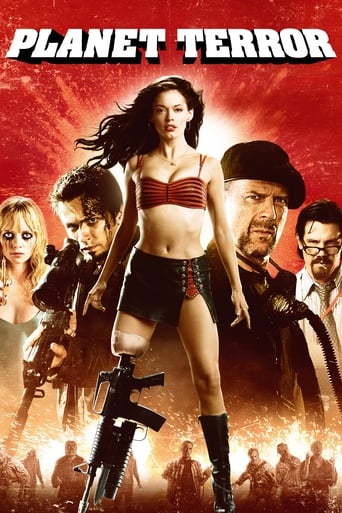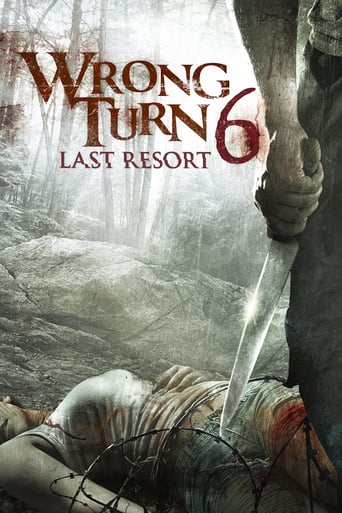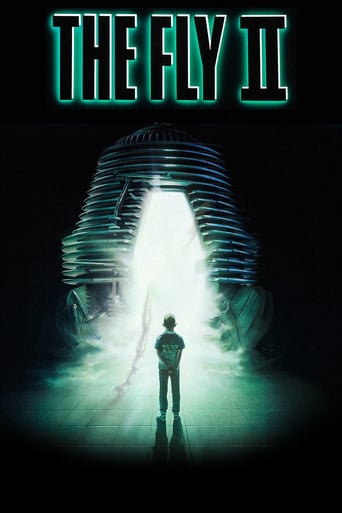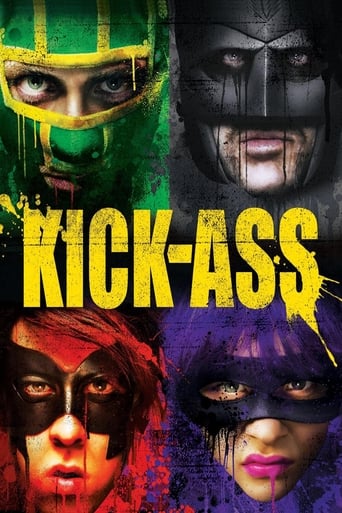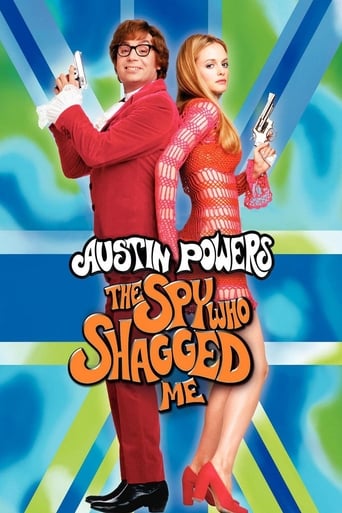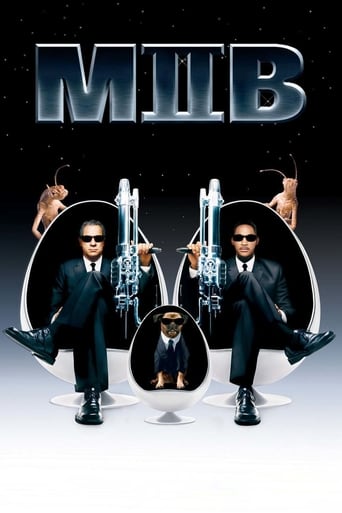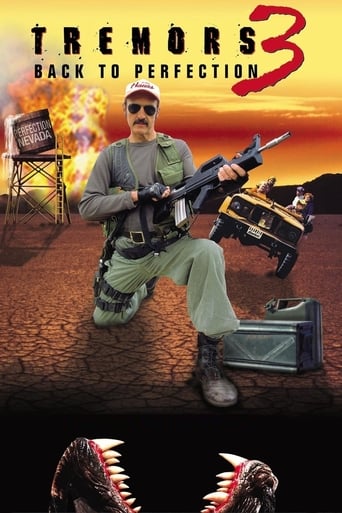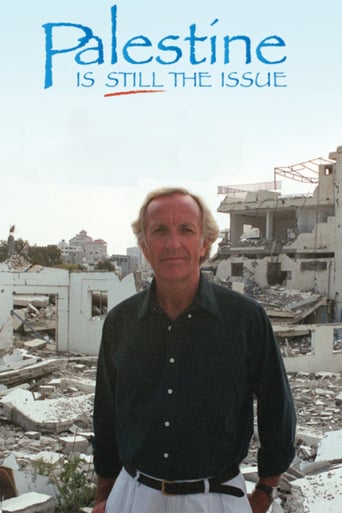


Palestine Is Still the Issue
A documentary about the Israeli-Palestinian conflict that has lasted for more than 50 years. Contains some interviews with the children in this conflict.
-
- Cast:
- John Pilger


Similar titles
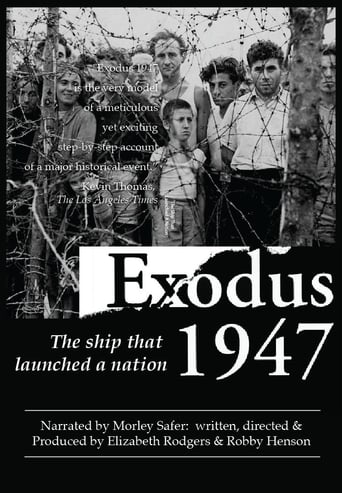
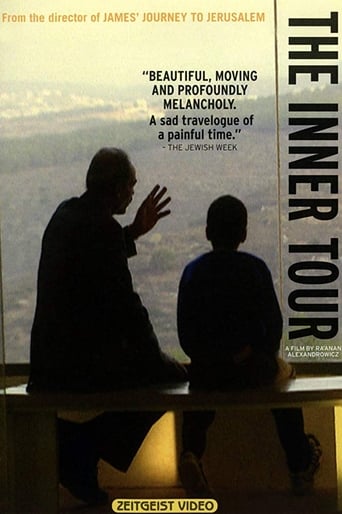
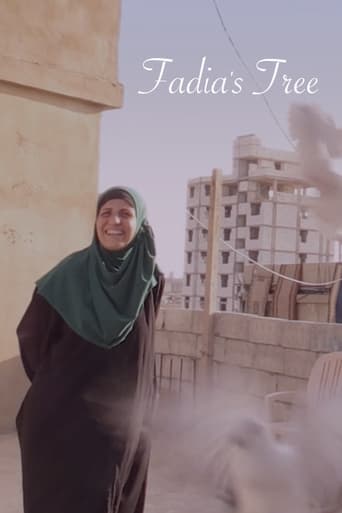
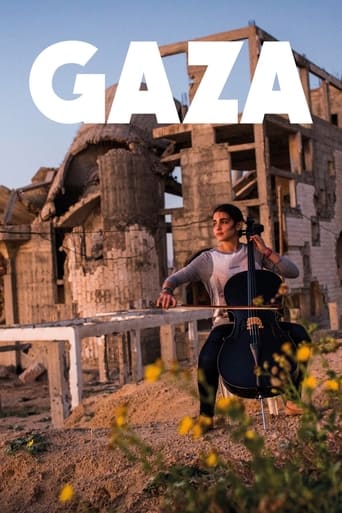
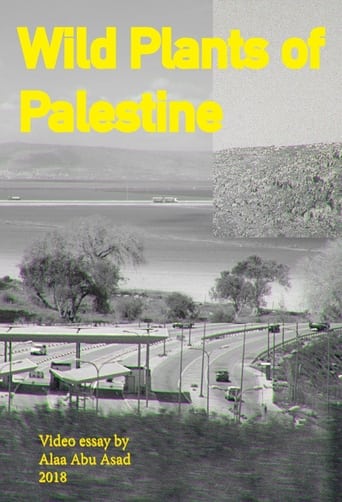
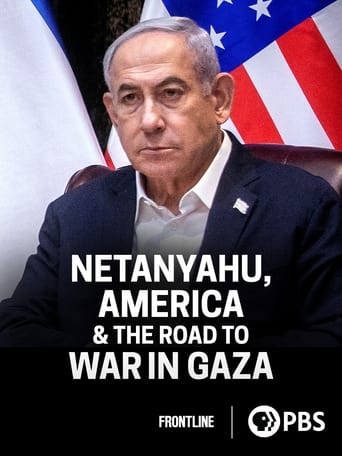

Reviews
This is How Movies Should Be Made
Memorable, crazy movie
In truth, there is barely enough story here to make a film.
Story: It's very simple but honestly that is fine.
This is a good documentary film about life in the occupied territories of Gaza and Transjordania; it also includes a short outline of the basic historic facts of the conflict, as well as some –otherwise obvious and self-imposed- ideas on the origin of inter-ethnic violence between Palestina and Israel. As many other documentaries around on the subject, this film does a lot by simply exposing some facts that are evident in Middle East, but rarely reach Western medias. After watching some of these films (made both by independent Israeli film-makers as Mograbi or European as Pilger) you realize that what they show is not at all some "unique footage" got by means of deep research, chance or perseverance, nor the product of a good deal of careful edition: once the crew can make it into the occupied territories (which apparently isn't that easy) they only need to shoot for a while the army checkpoints, the Israeli weapons everywhere, the 8 meters wall built in 2002, the "Jews-only" highways, the devastated lands or the towns destroyed by Israeli bombs to show what the Israeli occupation means. Anyway, the most shocking thing in this film -at least for me- are perhaps not these images, but the interviews to Israeli authorities and common-citizens; it is only then that you get to understand how this situation could happen and persists. Now, one of the reviews here shows exactly that point of view (look around for it). This reviewer tries to contest the whole film by pointing-out two alleged "mistakes" made by Pilger (which would show his total dishonesty about the subject): 1) Israel doesn't have the 4th most powerful army in the world, as Pilger claims; and 2) "Pilger makes the mistake of saying that Israel controlled 78% of the land after the 1948 War of Independence". As for number 1), maybe Israel was actually ranked number 4 for year 2002 (but where? by whom? on which standards?) maybe not: it doesn't matter at all. The only point here is that Israel has an army -and a very strong one, including nuclear weapons- and Palestine doesn't have any army at all, nor big or small – in the touching words of the Israeli that close the film: compared to us, Palestine is a mosquito. As for number 2), I'm afraid Pilger is right: even though Israel was given 55% of Palestine by the ONU in 1947, in the facts they were never restricted to that territory. The war began the next day and after it Israel was occupying 78% of Palestine -throwing out 750.000 Palestinians in the meanwhile, who would become refugees and would grow up to be more than 5.000.000 today. Other than this, the review doesn 't say a thing about what we see in the film. Some of its expressions, though, are in perfect harmony with the shocking opinions that I commented before. For instance, it accuses Pilger of using "Nazi-style tactics". In fact, critics to Israeli politics -even when made by reputed Jew intellectuals as Hannah Arendt- are commonly labeled as "antisemitism" or even –as here- Nazism. Far from it, in this case: the most important voices of the film are precisely those of Israeli Jew citizens who give a different insight on the situation and on the deep causes of violence, and even confess to be ashamed of their government politics against the Palestinians. A second example: this film "goes to discredit the only free democracy in the Middle East", says the reviewer. Leaving aside the military occupied territories of Gaza and Transjordania –which wouldn't be called "a democracy" by the drunkest madman on earth- and focusing on Israel itself, it would be a little funny to call that a sparkling democracy, if we remember that non-Jew Israeli citizens just don't have many of the rights granted to Jew citizens: different access –if any access at all- to land, to jobs and -more dramatically- to Law. Depending on your religious beliefs or political ideology, you may or not agree with this discrimination, you may justify it or not; but what you can not do is to call it a "free democracy", not under any available definition of the term.
i know that many do not like that this movie is one-sided, but where you stand determines what you see. in discussing the israeli occupation of palestine and all the other elements of this conflict, actually tackling the occupation itself is the most important element of the conflict to include.pilgier does it a gain by going straight to the heart of the matter and raising all the tough questions; in israel, these types of discussions are commonplace, but in the u.s., unfortunately, the most important parts of the story are taboo. discussion of the situation from which the violence grows are taboo. you can't discuss the israel/palestine conflict without tackling the reason for the season...the israeli occupation. as every story has a few dozen (at least) sides to it, if you're gonna pick one side to cover, pick the one that addresses the root causes of the subject matter. pilgier has done it again.equal time would be something like this--ordinary palestnian life under military occupation--12 hrs/day, 7 days/week. but this is a good start.
British writer DH Lawrence once classified the passion for justice as the finest and noblest of all emotions. John Pilger's accurate and fair account of the conflict between Palestine and Israel is one of the finest examples of this passion. Pilger is now teaching at Cornell University and is the recipient of countless journalistic awards. A renowned veteran war reporter, he has covered some of the most war-torn regions of the world: Vietnam, Cambodia, East Timor, Afghanistan and many others. Only the most sullen opponents to his commitment to freedom and justice would deny him the status he enjoys as a first-class journalist."Palestine Is Still the Issue" is a must-see for Americans, who are kept in the dark by the media and political elites by the real nature of the Israeli-Palestinian conflict. It is a conflict about land, which the documentary makes clear. The brutality of the Israeli Defence Forces (IDF) in dealing with the people it occupies--the Palestinians--is, indeed, uncomfortable to watch for people who wish to shrink from the truth, but the film is repletewith interviews with conscientious Israelis who oppose the Israeli occupation of Palestinian lands--including a traumatic interview with an Israeli father of a victim of a suicide bomber.
This film is completely one-sided and lacking truth on a subject that is constantly in our news.This film's presenter John Pilger was not very HONEST when addressing issues such as history. False statements like "Israel is the world's 4th largest military", poison this film. In reality Israel's IDF ranks 13th behind Syria, Morocco, Turkey, Pakistan, Vietnam, France, Germany and others large nations.In 1982 this Writer and presenter of the film screwed up an article on Thai prostitution rings so bad that the Oxford dictionary actually coined a term "Pilgering" which basically means to make up a story so it supports your conclusion or views.Pilger uses misquotes and historical information that has been proven false.He ignores the fact that the Palestine Mandate was split to form Israel(Palestine) and Transjordan, which actually is 78% of "historical Palestine" or historical Israel, depending on your views. Pilger makes the mistake of saying that Israel controlled 78% of the land after the 1948 War of Independece. Looking at any historical map, one can see that this is simply untrue with Israel controlling 55% of Historic Israel.In short this film is filled with lies that can be found on any hate website attacking Jews or Israel. These Nazi-style tactics are horrid and only show how far people will go to discredit the only free democracy in the Middle East.


